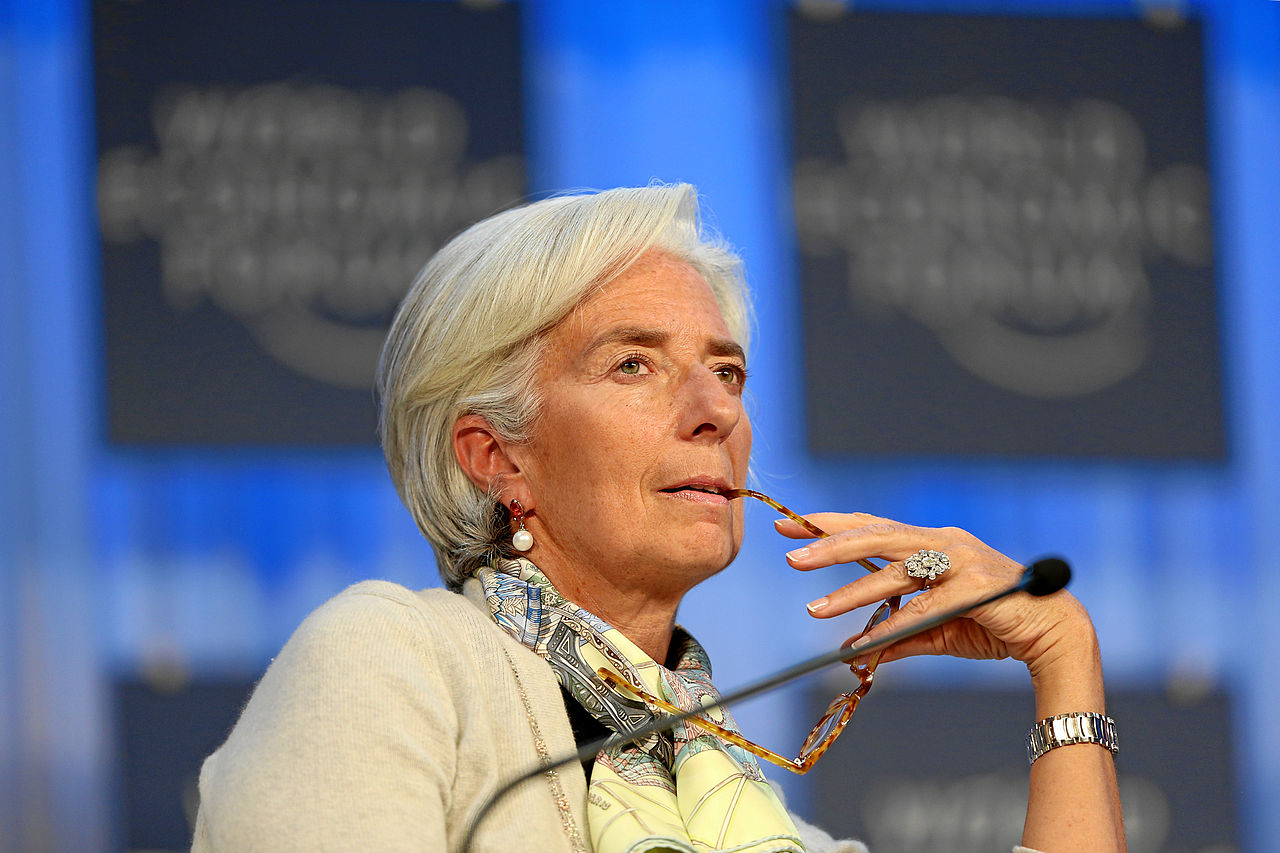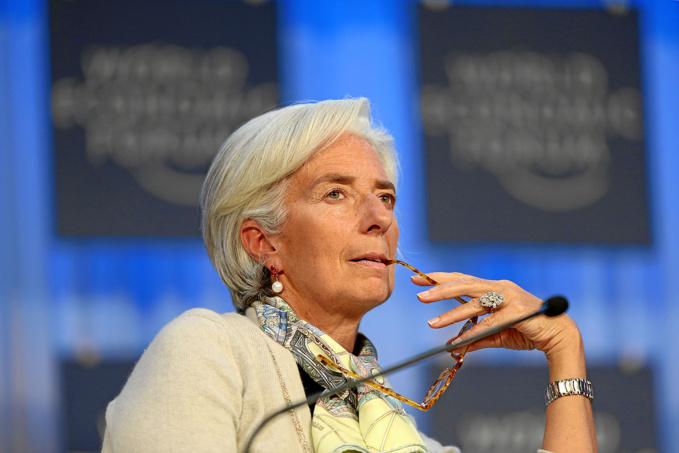The Governing Council of the IMF agreed to allocate a € 1.6 billion loan to Greece before August 2018. However, the funds will be unlocked only after the country achieves "debt sustainability" and continued reforms, the fund said after talks with the Greek authorities. To this end, the IMF had to resume the practice of principle approval of financial aid (it was used in less than 20 cases, mainly in the 1980s). To allocate a loan, a second vote of the council will be required, and the IMF does not exclude that Greece may refuse a new loan.
Recall that the fund previously refused to approve loans to Greece, referring to the European creditors’ unrealistic predictions on the ability of the country to pay off existing debts after the third-aid program ends in 2018. The German authorities, in turn, did not agree to allocate a new tranche from the agreed in 2015 financial aid of € 86 billion without the participation of the IMF. However, in mid-June, after negotiations with the IMF, euro zone finance ministers unblocked a € 8.5bn tranche, which enabled Athens to repay its outstanding debt on the ECB's balance sheet on time. Then creditors noted that Greece has approved all agreed reforms, including pension and labor.
Disagreements in forecasts nevertheless remain: the fund considers the level of the debt burden (about 180% of GDP, € 320 billion) to be unsustainable. According to the IMF’s head Christine Lagarde, European lenders should ensure that the debt burden further declines. Brussels previously assumed that when Greece reached the primary budget surplus (before interest payments on debt), 3.5% of GDP would not be required to write off. In June, the Eurogroup agreed to lower this bar to 2% of GDP after 2022, but the IMF believes that if the economy grows by an average of 1% a year in five years, the primary surplus will not exceed 1.5% of GDP. The fund is hastening to revise the forecast, "leaving an opportunity for fiscal support for growth". Neither Brussels is ready to write off the bulk of the debt - Athens are promised only an extension of the average repayment period of loans from 30 to 45 years, with binding the volume of payments to the growth rates (they will be lower during the crisis).
Despite the fact that negotiations on the parameters of debt repayment have not yet been completed, the Greek authorities have already announced their desire to return to the bond market. The new placement, the second since 2010, may occur in the coming weeks (the required yield on traded ten-year state securities this year fell from 8% to 5.3%). This could be helped by improved ratings - following the IMF decision, Standard & Poor's changed its outlook on Greece's rating from stable to positive on Friday (indicating a possibility of an increase in the next six months). Still, the rating itself has been preserved at B- ("junk", non-investment category).
source: reuters.com
Recall that the fund previously refused to approve loans to Greece, referring to the European creditors’ unrealistic predictions on the ability of the country to pay off existing debts after the third-aid program ends in 2018. The German authorities, in turn, did not agree to allocate a new tranche from the agreed in 2015 financial aid of € 86 billion without the participation of the IMF. However, in mid-June, after negotiations with the IMF, euro zone finance ministers unblocked a € 8.5bn tranche, which enabled Athens to repay its outstanding debt on the ECB's balance sheet on time. Then creditors noted that Greece has approved all agreed reforms, including pension and labor.
Disagreements in forecasts nevertheless remain: the fund considers the level of the debt burden (about 180% of GDP, € 320 billion) to be unsustainable. According to the IMF’s head Christine Lagarde, European lenders should ensure that the debt burden further declines. Brussels previously assumed that when Greece reached the primary budget surplus (before interest payments on debt), 3.5% of GDP would not be required to write off. In June, the Eurogroup agreed to lower this bar to 2% of GDP after 2022, but the IMF believes that if the economy grows by an average of 1% a year in five years, the primary surplus will not exceed 1.5% of GDP. The fund is hastening to revise the forecast, "leaving an opportunity for fiscal support for growth". Neither Brussels is ready to write off the bulk of the debt - Athens are promised only an extension of the average repayment period of loans from 30 to 45 years, with binding the volume of payments to the growth rates (they will be lower during the crisis).
Despite the fact that negotiations on the parameters of debt repayment have not yet been completed, the Greek authorities have already announced their desire to return to the bond market. The new placement, the second since 2010, may occur in the coming weeks (the required yield on traded ten-year state securities this year fell from 8% to 5.3%). This could be helped by improved ratings - following the IMF decision, Standard & Poor's changed its outlook on Greece's rating from stable to positive on Friday (indicating a possibility of an increase in the next six months). Still, the rating itself has been preserved at B- ("junk", non-investment category).
source: reuters.com



















